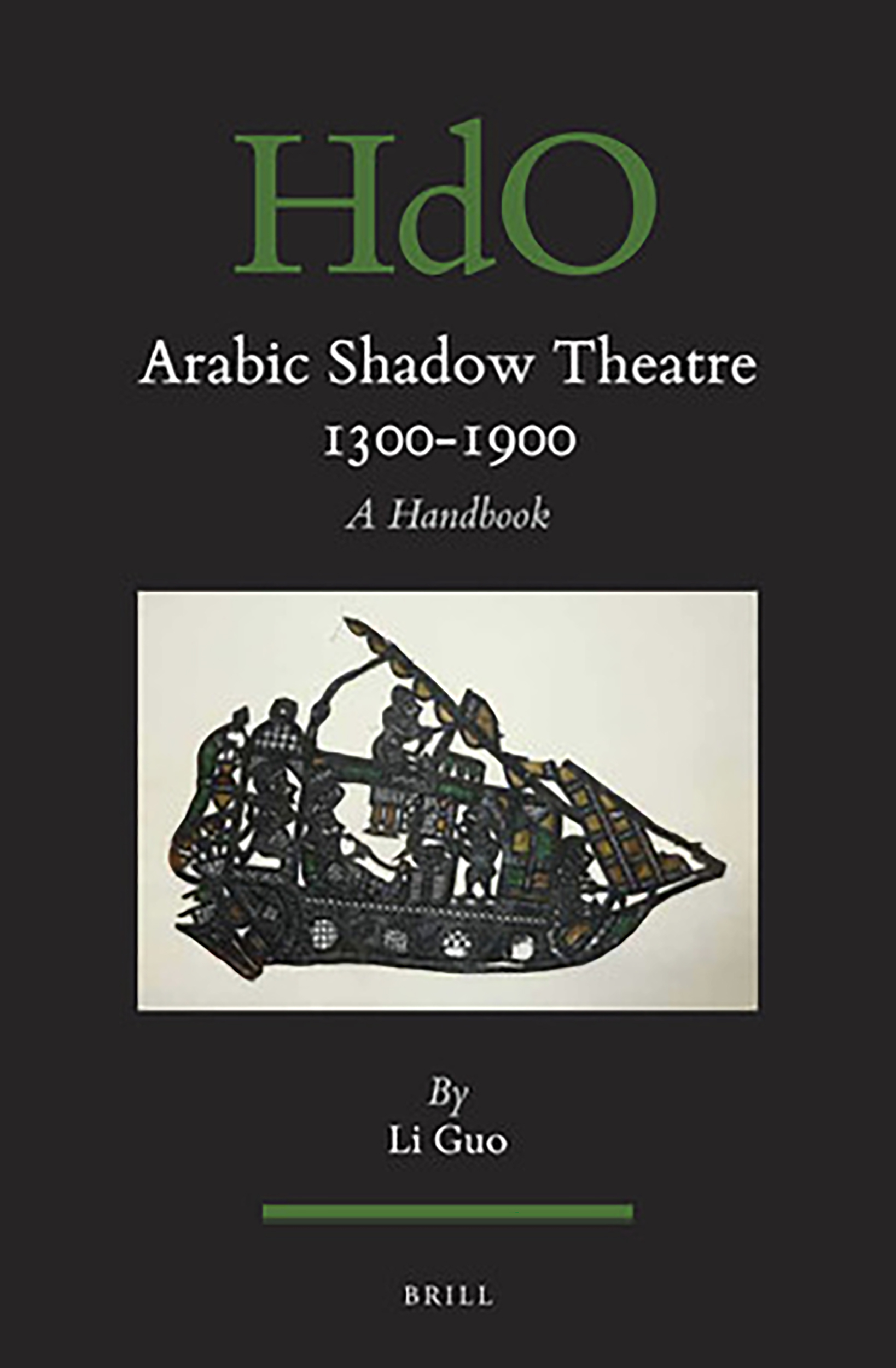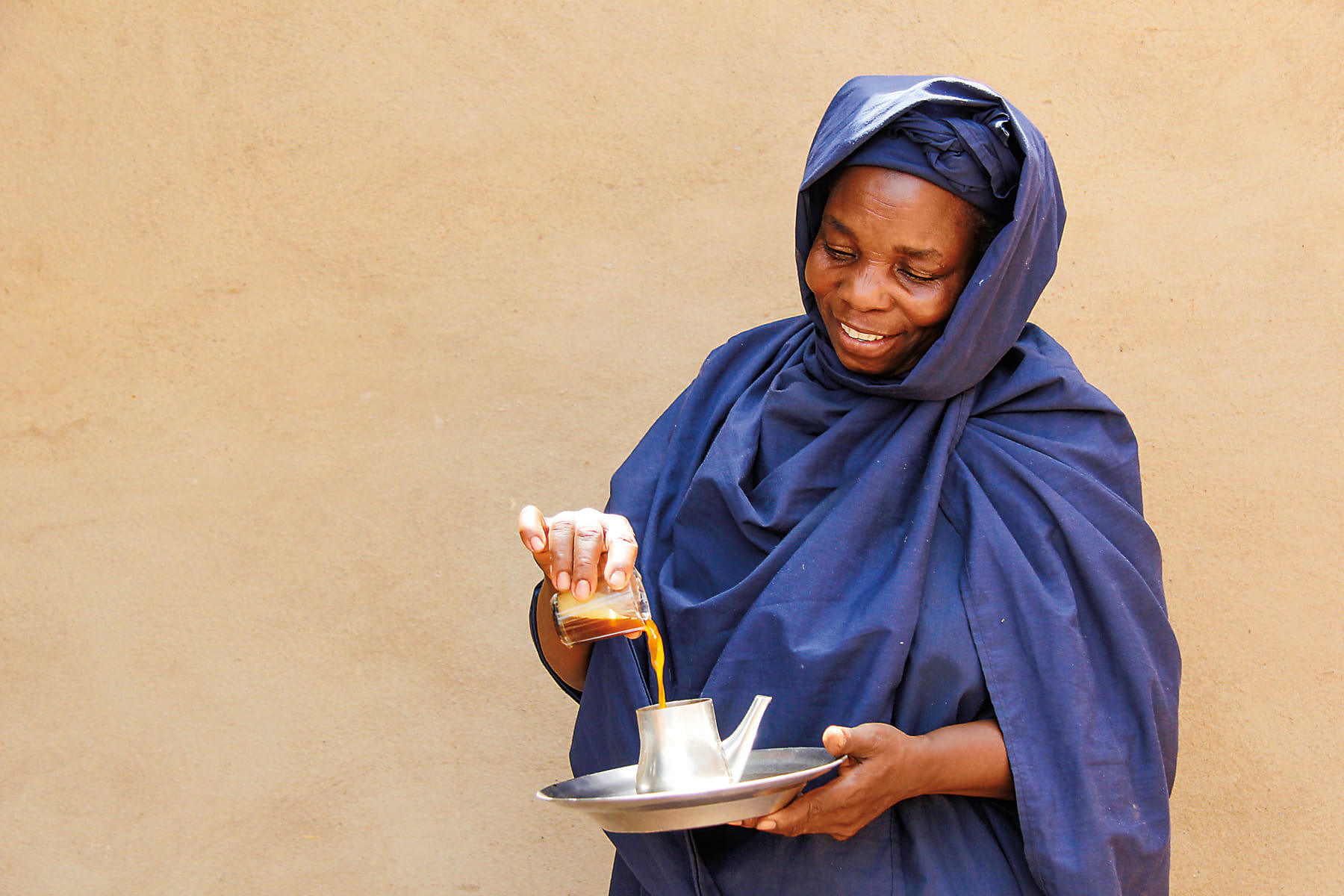
Arabic Shadow Theatre 1300–1900: A Handbook
Caroline Stone
Li Guo
Brill Publishing, 2020
Shadow theater is an important element in Arab—and Ottoman—popular culture shedding light on the tastes, interests of ordinary people, as opposed to the elite. Because it never made its way into the official literary canon, no standard work on the subject has been produced until now. Li Guo, a professor of Arabic Studies at the University of Notre Dame, does a magnificent job researching, both texts and artefacts, and has arranged them, making each accessible to anyone, whether concerned with individual plays, specific performances or the tradition’s history. Dozens of synopses of plots, together with some translations are especially valuable. The shadow figures themselves are illustrated and cataloged, invaluable bibliographies and a glossary enhance the quality of the book. The one criticism is with Brill, which should have provided a native speaker to edit the text and correct the mistakes of English. A brilliant key work like this deserves better.
You may also be interested in...

A History of Mali’s National Drink Traces Green Tea—Book Review
By tracing ritual instead of commerce, anthropologist Ute Röschenthaler shows that the story of tea in West Africa involves multidirectional routes and local agency..png?cx=0.45&cy=0.59&cw=382&ch=519.4922937443337)
New Book Decodes Mystery Behind Sixth Century Mosaic Pavement
Jane Chick’s 2024 study on enigmatic Libyan mosaic bridges Late Antiquity Roman and early ecclesiastical art.